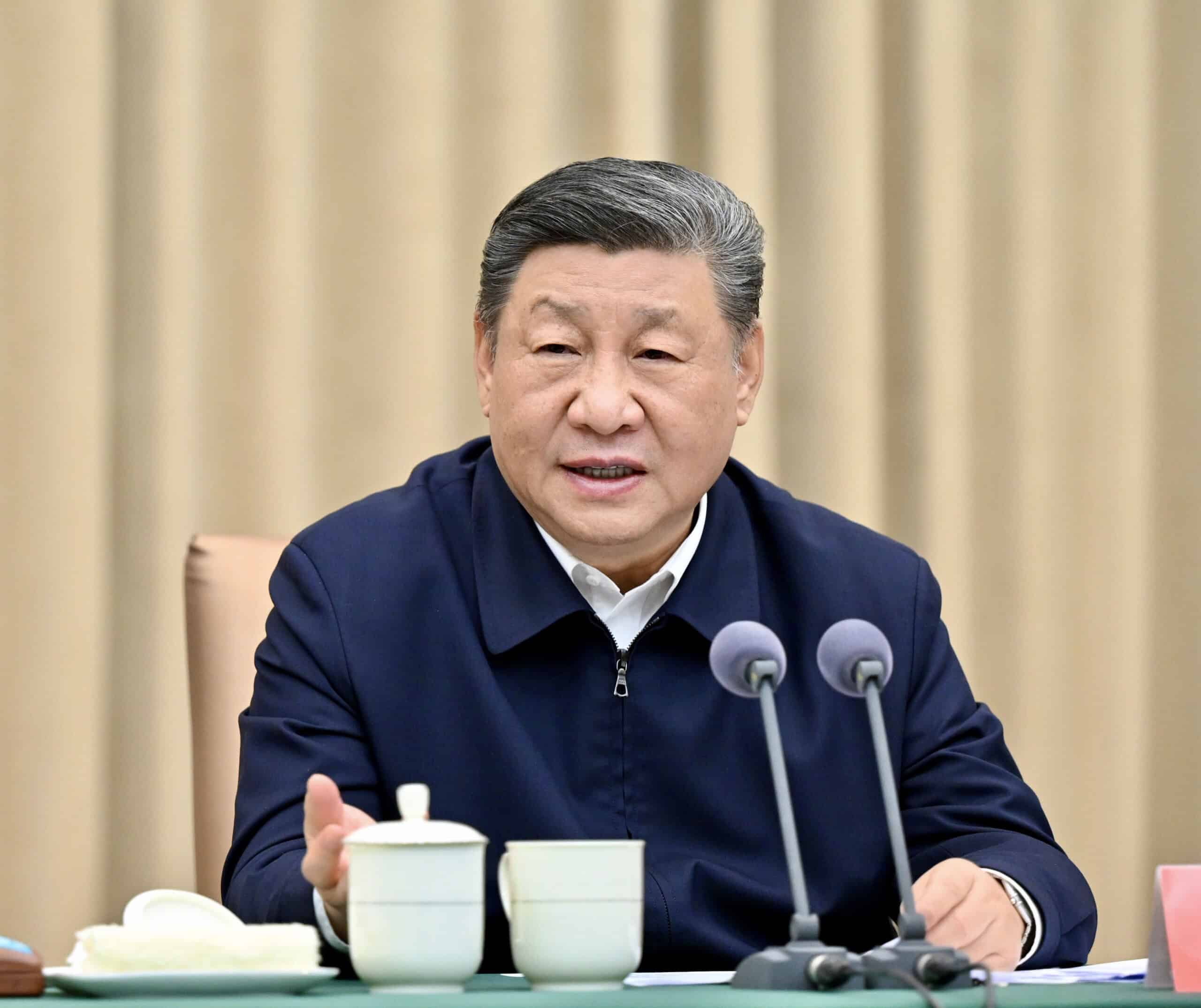Good evening. Last month, Jensen Huang, chief executive of Nvidia, wiped billions off quantum computing stocks when he said quantum technologies were still 15 to 30 years away. And yet, with some regularity, a new “breakthrough” from China causes a cycle of panic in the West. Our cover story this week looks into the state of quantum research in China as well as some of its most prominent companies, all to explore whether the West has an accurate view of the competition.
Elsewhere, we have infographics on Zhipu AI, the oldest of China’s AI unicorns and the first to be targeted by the U.S.; an interview with Sue-Lin Wong on her new podcast about online scamming; a reported piece on DOGE’s funding freeze of the National Endowment for Democracy, which has long been a thorn in the CCP’s side; and a reported piece on the surprising tourism boom happening in Xinjiang — and the Western brands cashing in on it.
To read these stories, gain access to our extensive archive, and opt-in to our popular daily news round up, subscribe to The Wire today.
Want this emailed directly to your inbox? Sign up to receive our free newsletter.

The Quantum Panic
The U.S. wants to be prepared for whatever quantum technologies bring, but is it time to rightsize the threat from China? Rachel Cheung reports.

The Big Picture: What is Zhipu AI?
The oldest of China’s AI unicorns is the first to be added to the U.S. entity list. This week’s infographics by Noah Berman look at Zhipu AI’s shareholders, customers and products.

A Q&A with Sue-Lin Wong

Sue-Lin Wong is the South East Asia correspondent for The Economist, having previously reported for the magazine in China. Her first podcast series, The Prince, told the tale of the rise of Chinese leader Xi Jinping. Her second, an eight-part series entitled Scam Inc, which is now available to listeners, follows the lucrative yet brutal world of online scamming. In this week’s interview with Andrew Peaple, she talks about how online fraud first became prevalent in China and how it has gone on to become an increasingly sophisticated, multi-billion dollar global industry.
Sue-Lin Wong
Illustration by Kate Copeland

DOGE’s Latest Target is Seen as a Gift to the CCP
The National Endowment for Democracy has long been a thorn in the CCP’s side. On Tuesday, its funding was frozen. Eliot Chen reports.

Western Brands Cash In On Xinjiang’s Tourism Boom
China has invested heavily in promoting tourism to Xinjiang. As Noah Berman reports, its efforts are paying off.
Subscribe today for unlimited access, starting at only $19 a month.


